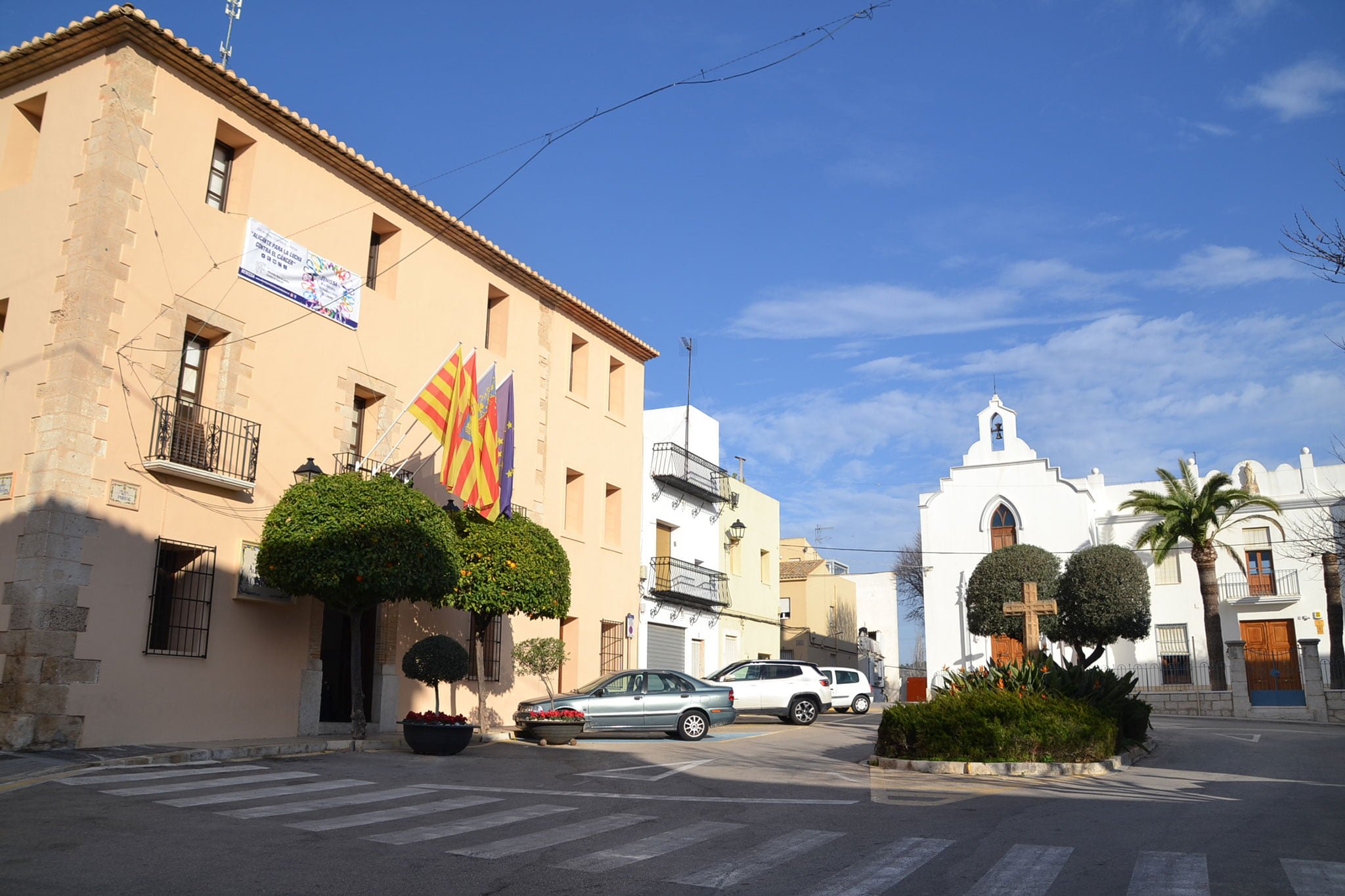Municipal taxes are local taxes collected by municipalities to cover the cost of their administration and public services. There are different types of municipal taxes, both compulsory and the optional ones. Who are the taxpayers and when do they have to be paid?
Moreover, municipalities have some degree of freedom to set different taxes within the limits of national regulations and these taxes can be paid by both individuals and legal entities, depending on the situation.
To get a clearer understanding of how local taxes work, we will give a brief overview of the existing and most common municipal taxes in this blog.
WHAT ARE MUNICIPAL TAXES AND WHICH ARE THEY?
Municipal taxes are managed and collected at the local level, that is, by the different municipalities. In fact, taxes are a type of levy, but there are other types of financial contributions from citizens to cover the costs of administration. These are the types of local taxes that exist:
- Taxes: This is the most common category and is a tax that is levied without direct consideration from the taxpayer for services such as real estate or garbage collection services.
- Fees and charges: In this case, the taxpayer pays for the direct use of a specific service or space, which can only be offered by the government. We pay a fee, for example, when we apply for a permit or when we take up public space by installing a terrace for our business premises. Public fees are similar, but they are voluntary and there may be a private alternative offer: for example, we pay a public fee when we use a municipal swimming pool or a public gym.
- Special contributions: This type of tax is related to the benefit or the increase in value that the taxpayer enjoys as a result of the execution of public works or the establishment or expansion of public services.
MANDATORY AND NON-MANDATORY MUNICIPAL TAXES
Under state legislation, municipalities are required to levy certain local taxes and have broad powers to regulate them.
For example, municipalities are required to levy the following taxes:
- Property Tax (Impuesto sobre Bienes Inmuebles, IBI) and Waste Collection Tax (Basura)
- The property tax is a direct tax on the value of rustic, urban, and special properties. It is specifically levied on the possession of the property right, but also, for example, business right or public services to which they are connected. It is calculated based on the cadastral value of the property and varies according to the tax rate set by each municipality. Owners of homes, land, garages, and commercial premises must pay this tax annually. The same applies to the Basura, with the exception of the plots (which, after all, are not inhabited and do not produce household waste).
- Tax on Economic Activities (IAE)
- The tax on economic activities is a direct tax levied on the exercise of business, professional, or artistic activities. In practice, a self-employed person or a company will have to register for IAE, but many will not be required to pay any amount of money, as this obligation only exists when a relatively high income threshold is exceeded.
- Motor Vehicle Tax (IVTM).
- The IVTM is a direct tax levied on the possession of these types of vehicles that are allowed to drive on public roads, regardless of their class and category. The state law establishes a table of rates for the tax on motor vehicles, but municipalities can increase this by applying a coefficient that may not be higher than 2.

In addition to these taxes, they can also set and demand these optional taxes:
- Tax on the Increase in Value of Urban Land (Impuesto sobre el Incremento de Valor de los Terrenos de Naturaleza Urbana (Plusvalía Municipal).
- The tax on the increase in value of urbanized land, better known as the municipal capital gains tax or Plusvalía, is a direct tax on the increase in value of this type of land, which is levied at the time of property transfer (for example, in a sale / purchase, but also by inheritance or donation).
- Tax on Constructions, Installations and Works (Impuesto sobre Construcciones, Instalaciones y Obras - ICIO). Commonly known as the application for a building permit.
- The tax on constructions, installations, and works (Impuesto sobre Construcciones, Instalaciones y Obras - ICIO) ****is an indirect tax that is levied on any construction, installation, or work within the municipality that requires a building or urban planning permit, regardless of whether such a permit was obtained. The tax is also levied when a responsible declaration or prior notification must be submitted when the issuance of the permit or the control activity falls under the jurisdiction of the municipality.
In addition, municipalities are free to introduce different taxes and government prices, but always within the limits of national legislation.

WHO PAYS THE MUNICIPAL TAXES?
Depending on the type of tax in question, different individuals or legal entities are responsible for paying municipal taxes.
In the case of municipal capital gains tax (Plusvalía), for example, it must be paid by the person who has transferred the property and made a profit from it in the case of a sale. If the transaction is a donation or inheritance, it must be paid by the person who receives it.
In the case of IBI and Basura, the person responsible for the payment is the owner of the property or the holder of a business right on it (cadastral title holder), regardless of whether this is an individual or a legal entity.
In the case of ICIO (application of building permit), the taxpayers are the "owners of the construction, the installation, or the work, regardless of whether they are the owner of the property on which it is carried out".
.png?width=774&height=322&name=oficina%20%20kantoor%20IMMOFY%20(2).png)



